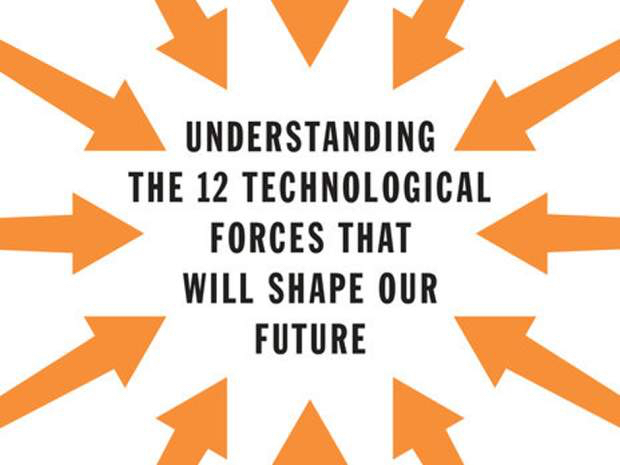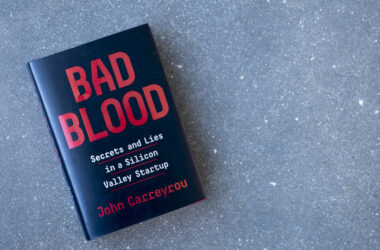Wired launched in 1993. It was a magazine and a website which came about just as modern computing had started to make a difference beyond academia and into everyday life: computers were small and cheap enough to thrive as a consumer good, and the internet ventured into commercial applications. Through the 2+ decades that the publication has been around, it has survived multiple boom and bust cycles, and has persisted in its determination to talk about the future with a combination of pop culture and approachability to technical depth.
Kevin Kelly was one of the founding editors of Wired, and his positive, optimistic, enthusiasm-for-modern-miracles personality shines through its articles. It’s not surprising, then, that his new book — The Inevitable: Understanding the 12 Technological Forces that will Shape our Future— reads like an extended issue of Wired published around 2015, which makes the book timely but limits its shelf life.
The book is titled The Inevitable, and Kelly spends the first chapters explaining why he believes his chosen set of current (again, as of late 2015) technologies are posed to take over our near future. The rest of the book is divided up into specific areas, and feature many of the same areas of tech which should be familiar to those that follow technological and business trends: artificial intelligence, virtual reality, the sharing economy, self-driving cars, etc. are all talked about at length, both in their current states and with future possibilities in store.
Unfortunately, the timeliness problem distracted me from Kelly’s arguments in a couple of places. He draws some of his examples of a utopic future from startups, but 2016 has already invalidated some of those assertions. In particular, the failures around Zenefits and Theranos are a few of the more striking instances in the bumpy roads along his grander vision of technological enablement.
Not that it’s easy to predict the future, but Kelly should know better than most the unreliability of simply extrapolating from the current state of the world. Technological advancement has always favored extreme booms and busts; whatever is available for mass consumption receives much more attention than anything else, and so tends to ascend faster than anybody can anticipate. We’ve certainly felt this with phones and the internet, but it’s equally applicable to older examples like railroads and electricity and the mechanical loom. Throughout human history, progress has always been uneven, and while the highlights show tremendous advancement in a short amount of time, the corollary is that other technologies at a similar stage may stagnate for decades.
So I disagree with the title of The Inevitable. The future, even with Kelly’s positive technologist attitude, will not advance evenly across the 12 areas that he has identified as certainty. Instead, a few of these fields will fulfill their promises, many will languish, a few will fade from importance, and something we don’t know about now will roar to the forefront of attention.
Then again, I wouldn’t be able to write a lengthy book on the futility of predictions either.



